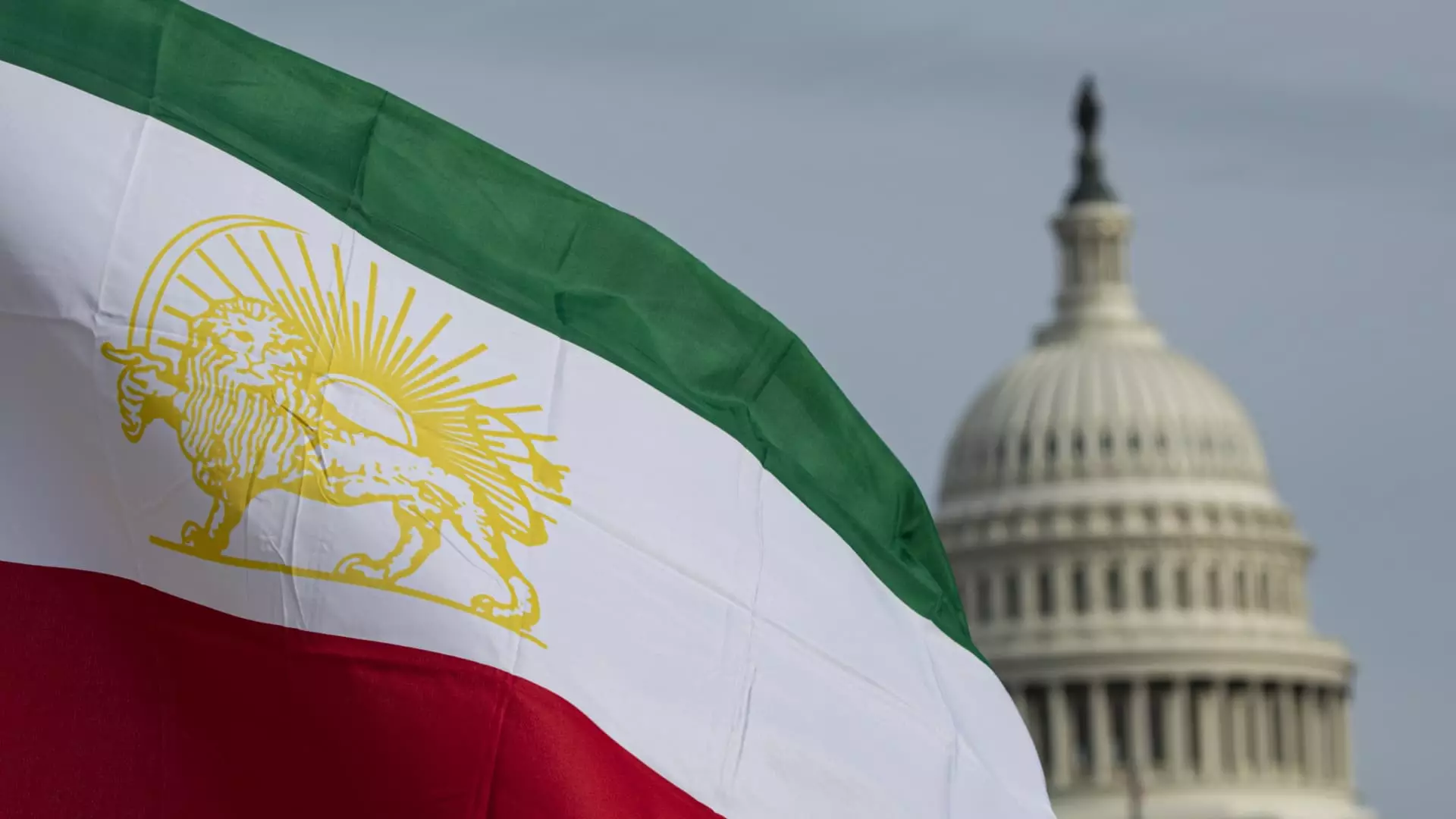The recent resurgence of nuclear negotiations between Iran and the United States has brought a glimmer of hope amid a complex backdrop of geopolitical tension. Yet, this renewed diplomatic endeavor is fraught with skepticism, particularly as Iranian Foreign Minister Abbas Araqchi warns of “extreme” caution regarding its outcome. The perceived progress seems overshadowed by the long history of mistrust and conflict. Although both sides have agreed to continue discussions, expectations should be tempered as underlying issues remain unresolved.
President Joe Biden’s administration carries the ambitious goal of crafting a new nuclear pact that could effectively block Iran’s ascension to a nuclear arsenal. However, as evidenced in the recent meetings held under Omani mediation, these negotiations are not merely technical exercises; they are a minefield of political and ideological divides that have persisted over the years. Araqchi candidly articulated the crux of the matter, noting that while the talks exhibit seriousness and determination, optimism about their success remains tenuous at best.
As Araqchi referenced in his statements, the negotiations have traversed various levels of complexity, delving into both major issues and intricate details. This nuanced approach is essential as both nations navigate the turbulent waters of diplomacy characterized by decades of animosity and suspicion. The question that looms ominously is whether enough faith exists to allow for meaningful progress in a mutually beneficial agreement.
Ripples of Distrust and Complications
A distinct element of this diplomatic dance is the concept of building confidence, a term echoed by both sides but often met with skepticism. Iran’s quest for recognition of its nuclear program’s peaceful nature is fundamentally tied to the lifting of sanctions – a bargaining chip that weighs heavily on the outcome of these discussions. Yet, as U.S. officials remain steadfast in their position that Iran must halt uranium enrichment entirely, stark contrasts in expectations blur the potential for compromise.
The geopolitical chess game reaches further than mere nuclear capabilities; it is about national pride and regional influence. Iran perceives its missile program as an essential defensive strategy, while external pressures impose the idea that such capabilities warrant negotiation. Herein lies one of the primary obstacles to a sustainable agreement – the intrinsic demand for sovereignty binds Tehran to its military ambitions at a time when U.S. negotiators advocate for restraint.
Moreover, the fallout from the breakdown of the 2015 nuclear deal continues to reverberate, making it clear that diplomatic relations are not just transactional but filled with histories of betrayal and disappointment. Washington’s “maximum pressure” campaign has imposed crippling sanctions that have decimated Iran’s economy, fueling anger and skepticism among its officials. The idea of returning to the negotiating table comes with a heavy price, and it may transform the expectations of both parties into a perilous game of diplomatic roulette.
The Immediate Ramifications
Compounding the tenuous situation is the specter of military confrontation, a looming threat reiterated by President Biden. With a backdrop of domestic turbulence and regional skirmishes, the ongoing dialogue may rely heavily on external circumstances beyond the negotiators’ control. The explosion at the Shahid Rajaee port serves as stark evidence of this volatile reality, underscoring the risks that accompany such high-stake negotiations.
As Araqchi and U.S. envoy Steve Witkoff prepare for future discussions, the world bears witness to a precarious balance. With both sides publicly committed to diplomacy, the reality is that an entrenched history can never be overlooked. Diplomatic overtures are laden with high expectations, yet they remain restrained by actual geopolitical dynamics that continue to evolve in often unpredictable ways.
Even as the prospect of a deal looms closer, both nations must be prepared to confront the uncomfortable truths that accompany their fraught landscapes. Will the specter of sanctions and military threats overshadow genuine attempts at reconciliation? As we stand at this pivotal juncture, it is crucial to recognize the fragility inherent in this process. The stakes are high, and the ramifications of failure could see the diplomatic tide turn into a wave of hostility, shattering the already fragile hopes for a peaceful resolution.

Leave a Reply